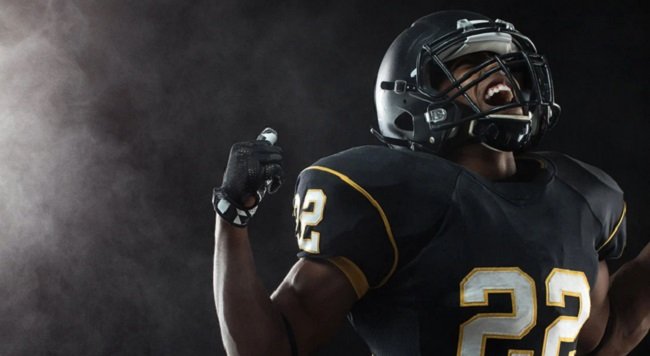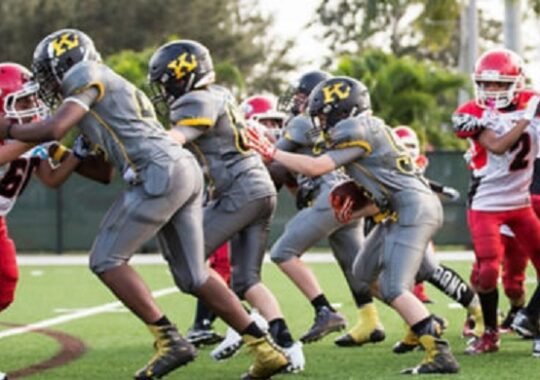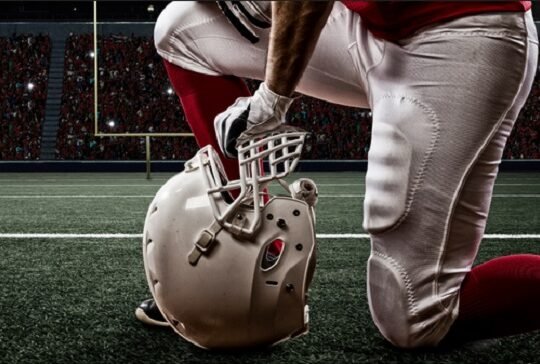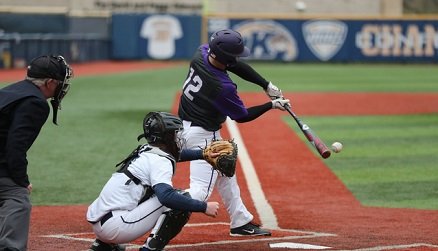College football players are not paid salaries, but recent NCAA rule changes allow them to earn money through name, image, and likeness (NIL) deals. These deals enable players to receive compensation for endorsements, appearances, and social media activities. Additionally, athletes can receive scholarships covering tuition, room, board, and other expenses, but they do not receive direct payment from their schools for playing.
Do College Football Players Get Paid?
College football players do not receive direct salaries from their schools for playing. However, recent changes in NCAA rules allow them to earn money through name, image, and likeness (NIL) deals. Here’s a detailed summary:
NIL Compensation: Since 2021, NCAA athletes can earn money by signing endorsement deals, making personal appearances, promoting products on social media, and other business ventures related to their personal brand.
Scholarships: Players can receive athletic scholarships that cover tuition, room, board, and other educational expenses. These scholarships provide significant financial support but are not direct payments for playing.
Additional Benefits: Athletes may receive stipends for living expenses, cost-of-attendance allowances, and other benefits like academic tutoring, health care, and training facilities.
Restrictions: While athletes can earn from NIL, there are still regulations to ensure compliance with NCAA rules and avoid conflicts of interest with their school’s sponsorship deals.
State Laws: Various states have enacted laws governing NIL compensation, adding another layer of regulation to ensure fair and transparent practices.
Overall, while college football players are not paid salaries, the ability to earn money through NIL deals represents a significant shift in how they can be compensated, providing new opportunities for financial gain beyond traditional scholarships and benefits.
College Football Compensation Dynamics
College football players do not receive direct salaries from their schools, but they can earn money through name, image, and likeness (NIL) deals. These deals allow players to profit from endorsements, social media promotions, and personal appearances. Additionally, players receive athletic scholarships covering tuition, room, board, and other educational expenses. Recent changes in NCAA rules and state laws have opened up new opportunities for athletes to monetize their personal brands while maintaining their amateur status. This shift represents a significant change in college football compensation dynamics, providing financial benefits beyond traditional scholarships.
- Arch Manning: $3.8 Million
- Bryce Young: $3.5 Million
- C.J. Stroud: $2.9 Million
NCAA Regulations on Player Compensation
NCAA regulations on player compensation allow college athletes to earn money through name, image, and likeness (NIL) deals. This means athletes can profit from endorsements, social media promotions, and personal appearances without jeopardizing their amateur status. While players are not paid salaries by their schools, they can receive athletic scholarships covering tuition, room, board, and other expenses. The NIL rules, implemented in 2021, aim to provide athletes with financial opportunities while maintaining fairness and compliance with NCAA standards. State laws and individual school policies also influence how NIL compensation is managed.
Name, Image, and Likeness (NIL) Rights
Name, Image, and Likeness (NIL) rights allow college athletes to earn money from endorsements, social media promotions, and personal appearances. Implemented in 2021, these rights enable athletes to profit from their personal brand without losing their amateur status. Athletes can sign deals with companies, promote products, and monetize their social media presence. While they do not receive salaries from their schools, NIL earnings provide significant financial opportunities. State laws and individual school policies also regulate how NIL rights are managed, ensuring compliance with NCAA standards and promoting fairness in athlete compensation.
Endorsements: allow athletes to earn money by promoting products, brands, or services. This involves athletes signing contracts with companies to use their name, image, and likeness (NIL) in advertisements, social media posts, and marketing campaigns. These deals provide significant financial opportunities, enabling athletes to profit from their personal brand while maintaining their amateur status, especially under recent NCAA regulations.
Sponsorships: involve athletes receiving financial support or products from companies in exchange for promoting the brand. This can include wearing branded gear, appearing in advertisements, and endorsing products on social media. Sponsorships provide athletes with monetary benefits and resources, enhancing their financial opportunities while leveraging their name, image, and likeness (NIL) rights under current NCAA regulations
Recent NCAA Rule Changes
Recent NCAA rule changes have significantly impacted college athletics, particularly in terms of player compensation and eligibility. Here’s a summary:
- NIL Rights (2021): Athletes can now earn money from their name, image, and likeness. This allows them to engage in endorsements, sponsorships, social media promotions, and personal appearances without losing their amateur status.
- Transfer Portal: The NCAA has simplified the transfer process, allowing athletes to transfer once without sitting out a year. This rule change provides more flexibility and freedom for student-athletes to move between schools.
- Extra Eligibility: Due to the COVID-19 pandemic, the NCAA granted an additional year of eligibility to athletes whose seasons were impacted. This ensures athletes have the opportunity to complete their collegiate careers.
- Scholarship Flexibility: Schools can now offer more comprehensive support packages, including multi-year scholarships and enhanced benefits covering education-related expenses.
These changes aim to provide more financial opportunities and flexibility for student-athletes while maintaining the integrity and competitive balance of college sports.
Arguments for Compensation
Arguments for compensating college athletes center around fairness, equity, and the significant revenue generated by college sports. Here’s a summary:
- Revenue Generation: College sports, particularly football and basketball, generate billions in revenue from television contracts, ticket sales, and merchandise. Advocates argue that athletes deserve a share of this income, given their role in producing it.
- Fair Compensation: College athletes invest significant time and effort, comparable to full-time jobs, while balancing academic responsibilities. Compensating them acknowledges their labor and sacrifices.
- Prevent Exploitation: Without compensation, athletes are seen as being exploited by institutions that profit from their performance. Fair pay addresses this imbalance and ensures athletes benefit from their contributions.
- Injury Risk: Athletes face substantial injury risks, which can impact their future earning potential. Compensation provides financial security and recognition of these risks.
- Cost of Living: Scholarships often do not cover all living expenses. Compensation helps athletes manage costs related to housing, food, and other essentials.
These arguments emphasize the need for a more equitable system that recognizes the financial and personal contributions of college athletes.
Conclusion
In conclusion, the debate over compensating college athletes highlights important issues of fairness, equity, and the significant contributions athletes make to the financial success of college sports. Recent NCAA rule changes, particularly around NIL rights, represent a significant step towards addressing these concerns by allowing athletes to earn money through endorsements and sponsorships. Advocates for further compensation argue that athletes deserve a share of the revenue they help generate, fair recognition for their labor and sacrifices, and financial security given the risks they face. These measures aim to create a more equitable system that better supports and values the efforts of college athletes





